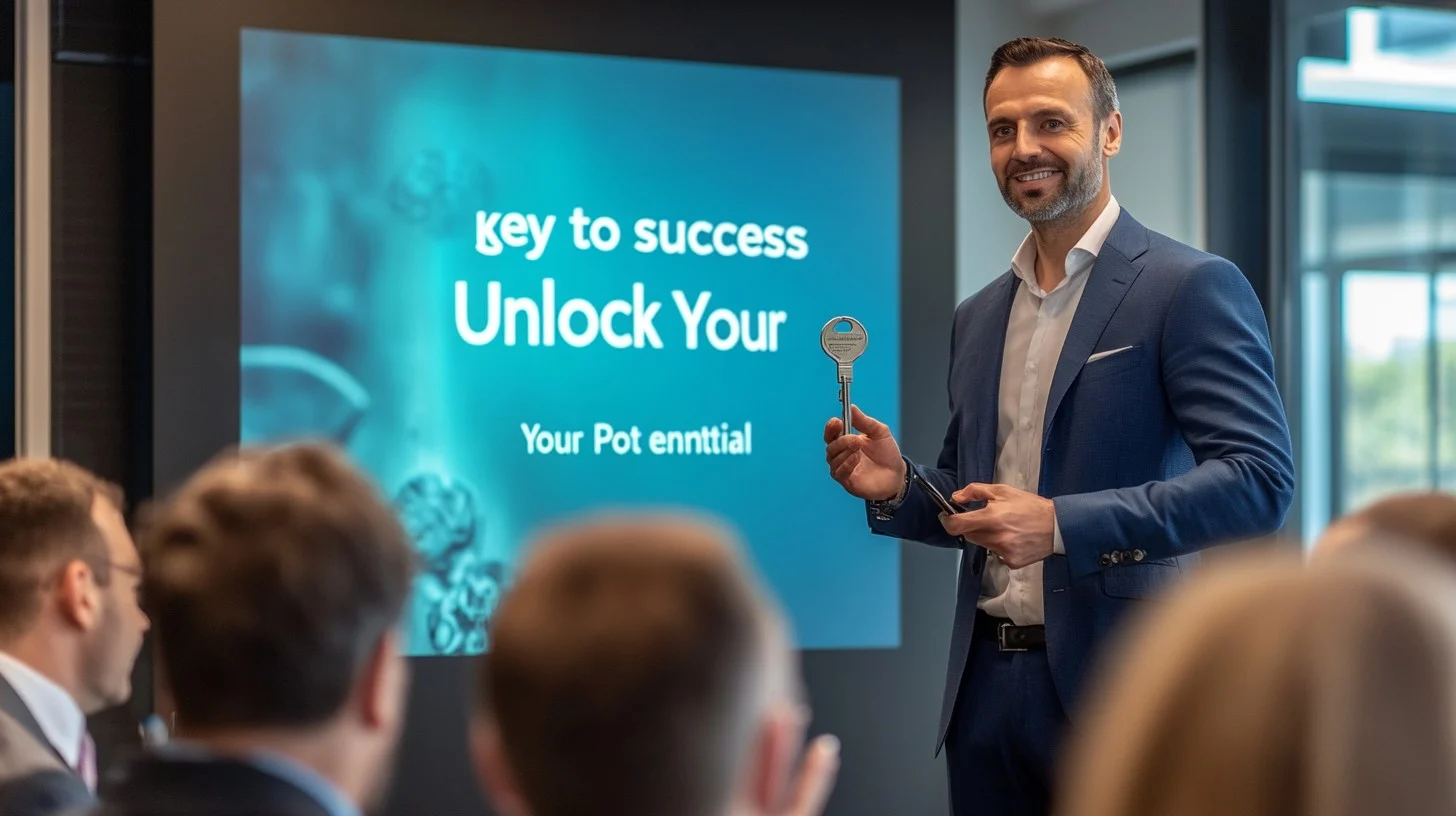Effective Marketing Strategies has evolved into a dynamic and ever-changing field, especially in 2025, where technological advancements and consumer behavior shifts are reshaping strategies. To stand out in the competitive market, businesses need effective marketing strategies that not only reach their target audience but also create meaningful engagement. This guide explores actionable and updated marketing techniques to help you thrive in today’s fast-paced environment.
Understanding the Core of Marketing
Effective marketing is about connecting with the right audience and delivering value. It’s not just about promoting products but building relationships and fostering trust. The foundation of any strategy lies in understanding the following principles:
- Know Your Audience
Conduct in-depth research to identify your target demographics. Understand their needs, preferences, and pain points. - Value-Driven Content
Focus on providing value through your offerings. Show how your product or service solves problems or enhances lives.
Harnessing the Power of Digital Platforms
In 2025, digital platforms dominate marketing. Businesses must utilize these effectively to maximize reach.
- Social Media Marketing
Platforms like Instagram, TikTok, and LinkedIn remain vital for engagement. Use visually appealing content, reels, and interactive polls to connect with your audience. - Content Marketing
Blogs, videos, and infographics are excellent tools to educate and entertain your audience. Optimize content for search engines to boost visibility. - Email Marketing
Personalized and segmented campaigns can drive conversions. - Influencer Partnerships
Authentic partnerships can increase trust and widen your audience reach.
Leveraging Data and Analytics
Data-driven decisions ensure your marketing efforts are targeted and effective.
- Monitor Metrics
Use analytics tools to track performance indicators like website traffic, conversion rates, and engagement. - Customer Insights
Gather feedback through surveys and reviews to understand customer behavior better. - Predictive Analytics
Implement AI tools to predict trends and tailor your strategies accordingly.
The Importance of Personalization
Consumers in 2025 expect personalized experiences.
- Customized Messages
Use customer data to craft messages tailored to individual preferences. - Behavioral Targeting
Leverage tools that analyze user behavior to recommend products or services they’re likely to need. - Dynamic Content
Create adaptable content that changes based on user interaction, such as personalized landing pages.
Embracing Sustainability
Consumers are increasingly aware of environmental issues. Reflecting this in your marketing strategies can enhance brand loyalty.
- Green Initiatives
Highlight your efforts in sustainability, such as eco-friendly packaging or carbon-neutral practices. - Transparent Communication
Be honest about your sustainability journey. Consumers value authenticity over perfection.
Engaging Through Storytelling
- Relatable Narratives
Share stories that reflect your brand’s journey or highlight customer experiences. - Video Storytelling
Videos are a powerful medium for storytelling. Use them to create engaging brand narratives. - User-Generated Content
Encourage customers to share their experiences with your products. Feature their stories in your campaigns.
Optimizing for Mobile Users
With the majority of internet users accessing content via mobile, optimization is crucial.
- Responsive Design
Ensure your website and emails are mobile-friendly for a seamless user experience. - Mobile Apps
Consider developing an app if it aligns with your business model. Apps offer direct and personalized interaction with customers. - SMS Marketing
SMS campaigns are highly effective for reaching customers quickly with promotional offers.
Staying Updated with Trends
Marketing trends change rapidly. Staying updated ensures you’re ahead of the curve.
- AI and Automation
Use AI for chatbots, content creation, and predictive analytics to enhance efficiency. - Voice Search Optimization
Optimize content for voice search, as devices like smart speakers continue to grow in popularity. - AR and VR
Augmented and virtual reality offer innovative ways to showcase products and engage customers.
Table of Contents
The Role of Community Building
Building a loyal community around your brand is more valuable than short-term sales.
- Interactive Platforms
Create forums, Facebook groups, or Discord communities where customers can connect and share ideas. - Engage Regularly
Respond to comments, participate in discussions, and show appreciation for customer loyalty. - Exclusive Offers
Provide your community with exclusive access to events, products, or discounts.
Measuring Success
Assessing the success of your marketing strategies ensures continuous improvement.
- Track ROI
Calculate the return on investment for each campaign to identify what works best. - A/B Testing
Test different versions of ads, emails, or landing pages to see which performs better. - Customer Retention Rates
Monitor how many customers return to assess the effectiveness of your engagement efforts.
Final Thoughts: Effective Marketing Strategies
Effective marketing strategies in 2025 require a mix of innovation, personalization, and authenticity. By focusing on your audience’s needs and leveraging advanced tools, you can create campaigns that not only reach but deeply resonate with your target market.
Success comes from consistent effort, adaptability, and a commitment to delivering value. Start refining your marketing approach today and watch your brand thrive in the competitive landscape.


